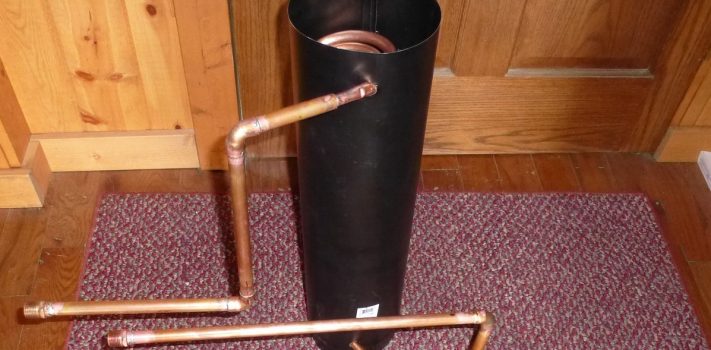Solar Water Disinfection and Pasteurization, by Ariel
This article describes so me simple and practical methods for providing drinkable water in disaster situations. They fit with my motto: “Keep calm, and carry on!” According to the EPA, if you can’t boil water, you can disinfect it using household bleach. Do not use non-chlorine bleach to disinfect water. Typically, [when freshly-purchased] household chlorine bleaches will be 5.25% available chlorine. Bleach will kill some, but not all, types of disease-causing organisms that may be in the water. If the water is cloudy, filter it through clean cloths or allow it to settle, and draw off the clear water for disinfection. Add 1/8 teaspoon (or 8 drops) of regular, unscented, liquid household bleach for each gallon of water, stir it well and let it stand for 30 minutes before you use it. Store disinfected water in clean containers with covers. There are two big disadvantages of treating water with chemicals….

